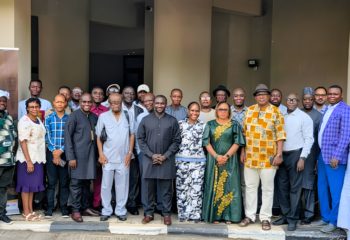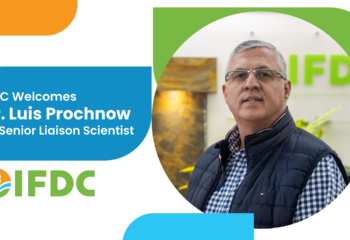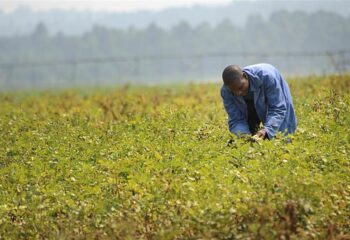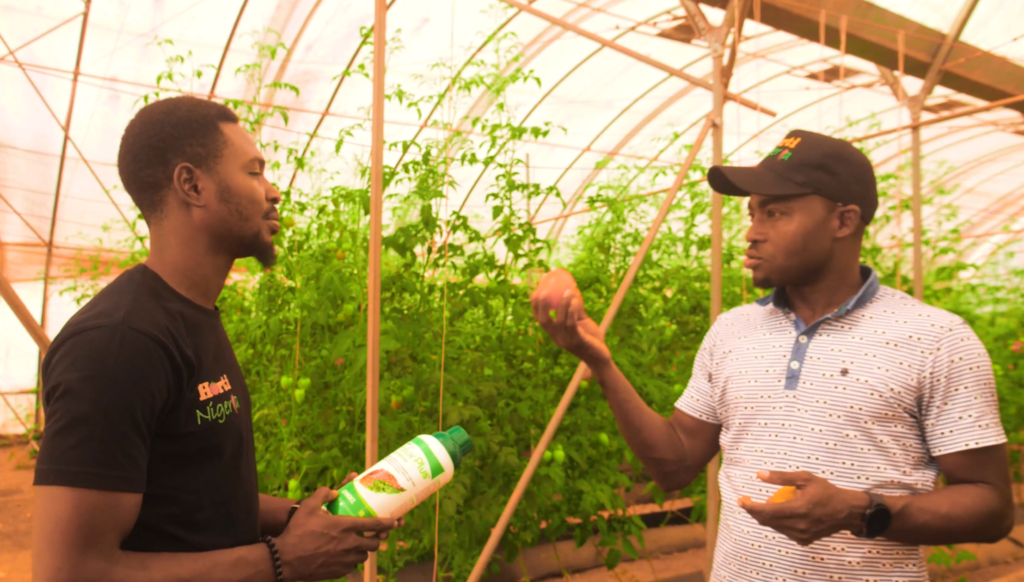
Fertilizer availability and accessibility have long been critical challenges for farmers in Nigeria, particularly in the horticulture sector. The cost and inconsistent supply of inputs, including specialized fertilizers, have made it difficult for farmers to maximize yields and maintain commercial viability. Adding to these obstacles, the recent ban on nitrogen, phosphorus, and potassium (NPK) fertilizers has severely impacted the importation of soluble fertilizers, a vital input for vegetable farmers who rely on these fertilizers for efficient crop production, especially in protected environments like greenhouses.
In response to these difficulties, HortiNigeria has leveraged key partnerships to create sustainable solutions. One significant initiative is the collaboration between HortiNigeria, Candel Company Limited, a Nigerian-based agrochemical and fertilizer producer, and Kartlos Farms, a commercial farm located in Ibadan, Oyo State. Together, they launched a pilot of a newly formulated soluble fertilizer, Candel Foliar Plus Complete 12-6-6+TE, designed to address the fertilizer needs of vegetable farmers.
“We were happy to do this, producing a tailor-made product for vegetable farmers and I am happier knowing that the results have been outstanding and we are looking forward to scaling this up, expanding to new markets.”
Charles Anudu, CEO of Candel Company Limited
The pilot trials, which took place at Kartlos Farms, involved over 500 smallholder farmers from the Akufo Farm Settlement, an agrarian community deeply involved in tomato production. The trials aimed to compare the performance of Candel’s locally produced soluble fertilizer with other traditional fertilizers.
The results were promising. Candel Foliar Plus Complete, enriched with essential micronutrients and organic bio-stimulants, demonstrated improved vegetative and reproductive growth in tomato crops when compared to conventional fertilizers. The trial results revealed that the new fertilizer led to the highest yield, with plants showing faster and healthier growth. The total tomato yield for the Candel fertilizer treatment reached 3.44 kg/m², outperforming the other treatments, which ranged from 1.80 to 1.92 kg/m².
Additionally, the incidence of Blossom End Rot (BER) was significantly reduced over the course of the trial, improving the marketability of the produce. While the pilot faced challenges such as labor shortages and initial high BER, the introduction of this soluble fertilizer has the potential for long-term positive effects on crop productivity.
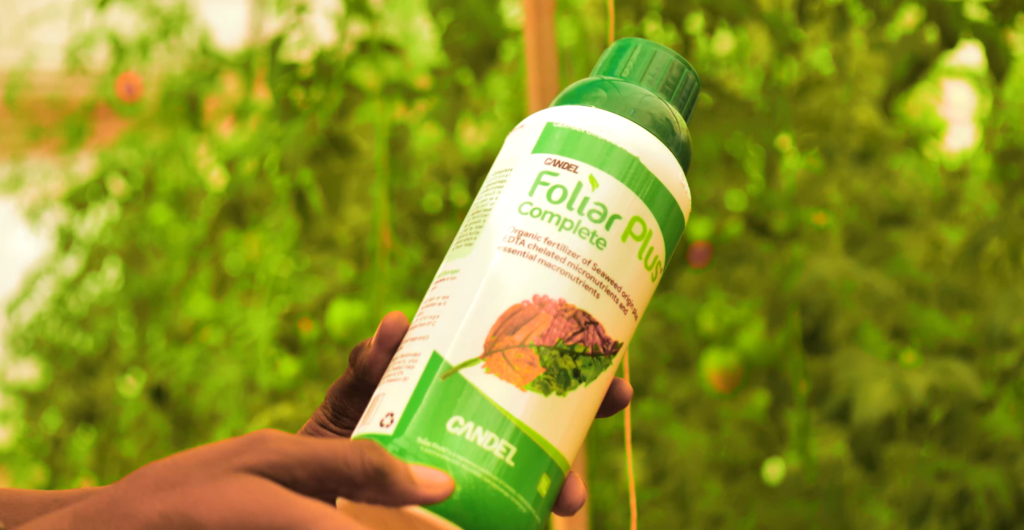
This partnership has made strides in improving fertilizer accessibility and introduced a sustainable solution that empowers vegetable farmers with tools to enhance productivity. By fostering local solutions, HortiNigeria is reducing dependence on expensive, imported fertilizers and supporting farmers with more affordable, locally produced inputs. According to Odeyemi Mayowa, a staff at Kartlos Farm, this partnership has solved the problem of accessibility to soluble fertilizer.
This was further corroborated by Charles Anudu the CEO of Candel Company Limited: “We were happy to do this, producing a tailor-made product for vegetable farmers and I am happier knowing that the results have been outstanding and we are looking forward to scaling this up, expanding to new markets.”
In the face of restrictive government policies, such as the NPK fertilizer ban, HortiNigeria’s partnership with Candel Company Limited and Kartlos Farms, along with the cooperation of the Akufo Farm Settlement, exemplifies HortiNigeria’s broader mission to build a more sustainable agricultural system through strategic collaborations and local innovation. By facilitating these partnerships and supporting fertilizer trials, HortiNigeria is helping farmers overcome barriers to essential agricultural inputs, encouraging more resilient and productive farming practices across the country.
HortiNigeria, funded by the Embassy of the Kingdom of the Netherlands (EKN) in Nigeria, is led by the International Fertilizer Development Center (IFDC), along with East-West Seed Knowledge Transfer Foundation (EWS-KT), Wageningen University & Research (WUR), and KIT.

